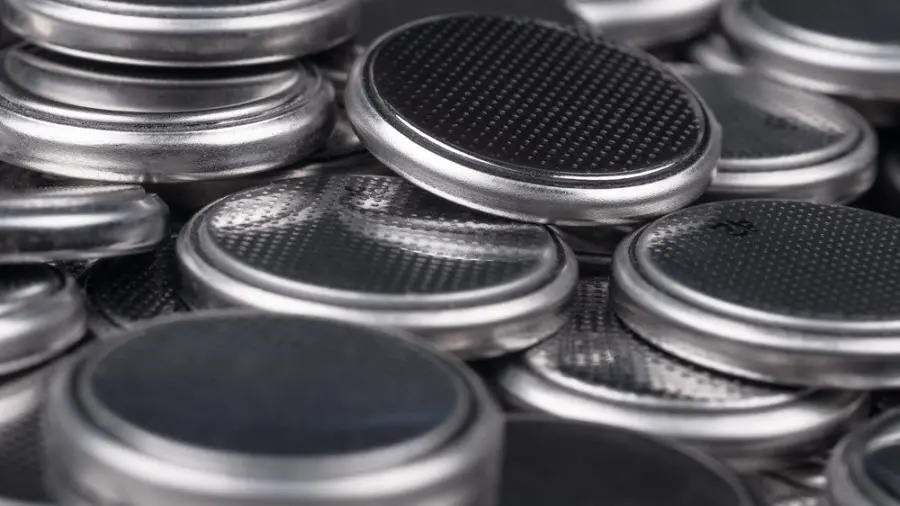The current EU Battery Directive has several ‘weaknesses’, a study by the German Öko Institut has claimed. It cites poor collection rates for portable batteries, inadequate targets for lithium-ion batteries and a lack of incentives for greater recycling as issues that must be addressed.
To evaluate the directive, the institute looked at the quantities of portable batteries collected in all 28 member states of the EU. This showed that only around half of all countries were achieving the prescribed quota of 45%.
Half not collected
‘The flipside of this is that more than half of all batteries are not being collected or recycled at all,’ says Dr Hartmut Stahl, who is the lead author of the study. An estimated 35 000 tonnes of batteries ends up in household residual waste across Europe every year.
Stahl proposes getting consumers more involved through better information and targeted collection campaigns and argues that more batteries have to be extracted from end-of-life electronics. He says appliances are still not being designed in recycling-friendly ways.
Call for action
‘Despite the increasing importance of lithium-ion batteries in new technologies such as electric bikes, there are no specific collection and separate recycling targets for them,’ Stahl argues. He calls the directive out-dated and is calling for a revised directive: ‘One with ambitious targets for key elements such as lithium and cobalt’.
Don't hesitate to contact us to share your input and ideas. Subscribe to the magazine or (free) newsletter.



